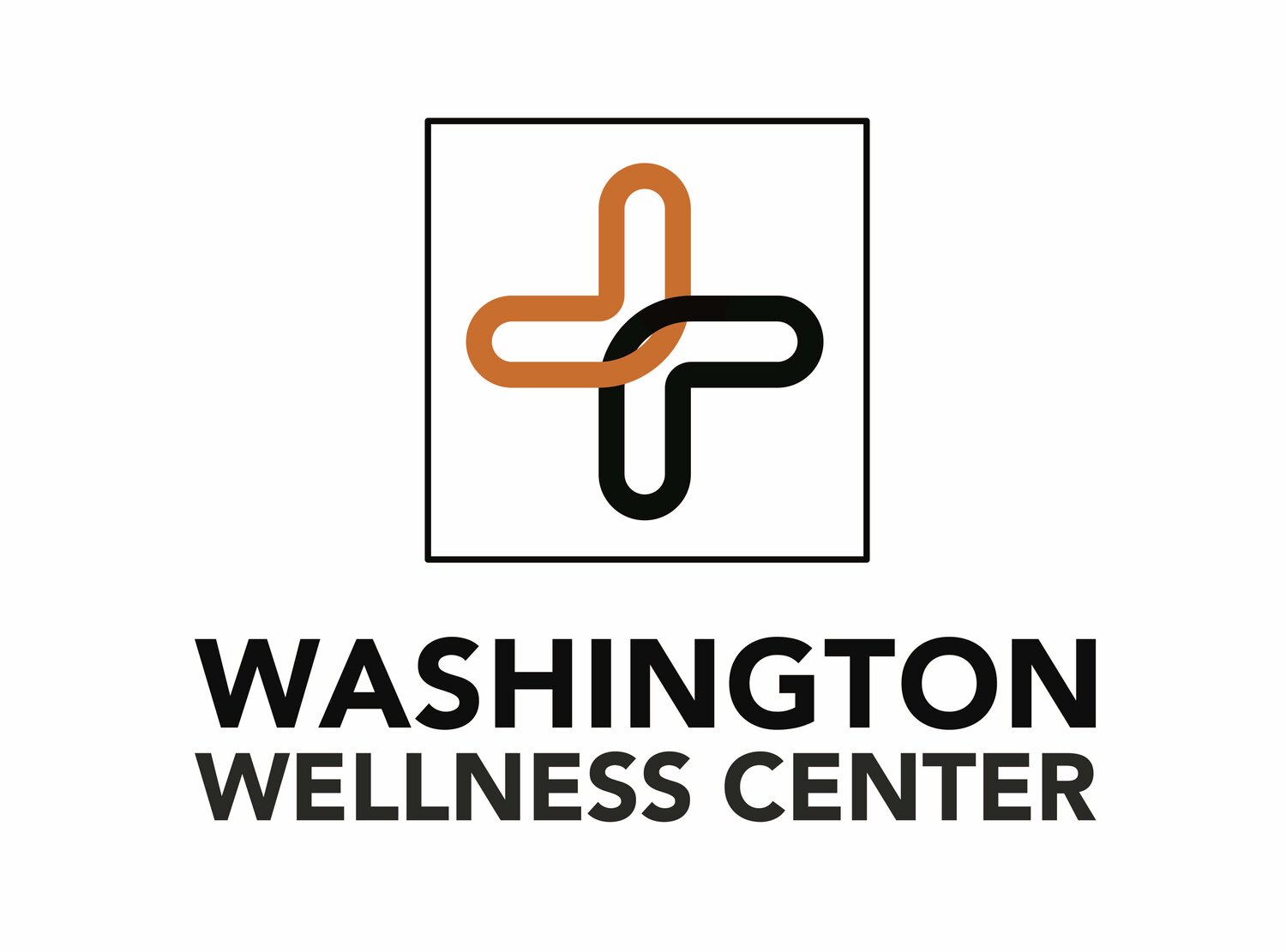Not So Sweet – 3 Things you MUST DO to Avoid Aspartame
Not So Sweet – 3 Things you MUST DO to Avoid Aspartame
Many people now realize that consuming too much sugar in your diet can lead to health problems such as inflammation, weight gain, hormone imbalance, and even cause diseases like heart disease, diabetes, and cancer. Many companies have reduced the sugar in their products, and are offering more “sugar free” substitutes. The problem now, however, lies in what most manufacturers and the majority of Americans are using as a substitute for that sugar, and what that substitute does to your brain.
Marketed under the names Equal® and Nutrasweet®, aspartame is the most common artificial sweetener used in the United States. It is added into more than 6,000 products- especially those that are advertised as “sugar-free” or “diet”. It can be found anywhere, but it is almost always found in: breath mints, chewing gum, diet soda, flavored water products, frozen ice cream novelties, fruit spreads, jams, jellies, instant drink mixes, nutritional bars, sugar-free candy, sugar-free cookies, and the list goes on and on.1 I recently took a bite of a conventional protein bar (something I wouldn’t normally do but I was really hungry) and immediately spit it out because I could taste the sweetener. Most people are so used to it they would notice more if it WASN’T present in their food.
Decreasing sugar is great. The downside of this sugar substitution is that aspartame is an excitotoxin that has been linked to over 90 different side effects, including seizures, tremors, irreversible brain damage, brain tumors, birth defects, attention deficit disorders, severe depression, and even death.2
The reason that aspartame wreaks so much havoc on our well-being is because aspartame is what’s called an ‘excitotoxin’ and a ‘neurotoxin’. This means that it can cross the blood-brain barrier and get into the brain, and once in the brain it excites brain cells, and it over-stimulates these brain cells to death.3
According to neurosurgeon Dr. Russell L. Blaylock M.D. -“Excitotoxins play a critical role in migraines, seizures, learning disabilities, ADD, episodic violence, Parkinson’s disease, and Alzheimer’s disease.”
That means that every time you chew a piece of gum, or drink a diet soda, or eat a piece of sugar free candy that your brain cells are being excited to death, scary! It also means that by the time enough of your brain cells have died off that you finally begin seeing symptoms, it may be too late.
That is why it is so important to avoid aspartame at all costs. I want to give you 3 Steps to Keeping Aspartame out of your life:
1. Avoid
Make sure you read your food labels and look for aspartame in the ingredients. It is often one of the first ingredients listed, which means that it has the highest content, but look closely. Avoid any foods or products labeled “low-fat”, “low-sugar”, or “diet”, including diet soda. These almost always contain aspartame!
2. Eliminate
Detoxification can remove aspartame that has accumulated in your body, decreasing its toxicity potential. Eating a clean, whole-food diet is the first step. Cruciferous vegetables (broccoli, cauliflower, brussel sprouts) aid in natural detoxification, so do citrus fruits like lemon and lime. Several herbs can help aid in detoxification as well, such as milk thistle, fenugreek, and peppermint. Based on your level of toxicity and the effects it is creating, you may need supplemental detoxification as well.
3. Replace
Find better sugar substitutes. There are three sweeteners that I recommend using in place of both sugar and artificial sweeteners such as aspartame: stevia, xylitol, or something like Lakanto. Lakanto is a combination of a non-GMO fermented sugar alcohol (erythritol, similar to xylitol) and the super sweet luo han guo fruit, creating a sugar substitute that tastes great, creates none of the GI effects that xylitol can sometimes lead to (gas, bloating).
1. http://blog.foodfacts.com/index.php/2009/09/08/aspartame-nutrition-facts/
2. http://articles.mercola.com/sites/articles/archive/2012/03/24/aspartame-affects-brain-
health.aspx
3. http://www.sweetpoison.com/aspartame-side-effects.html

